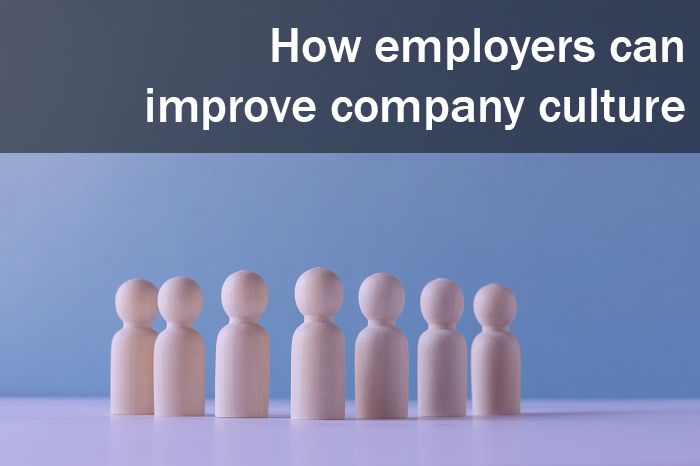HR’s next big job: Convincing employees to get COVID vaccines: After months of COVID-related mayhem that’s touched every aspect of work, there’s finally a bright spot in the form of approved vaccines that are in the midst of being approved and rolled out around the world. Even though company and HR leaders have already navigated a number of pandemic-related trials over the past year–from keeping employees safe and healthy and moving operations remote to navigating productivity challenges–they’re gearing up for perhaps their most significant challenge yet: getting employees to buy into the vaccines. Read more here.
Mayer: 5 lessons we learned about benefits in 2020: COVID-19 is perhaps the most important time ever for benefits. It’s not a rehearsal. This is the real make-it-or-break-it for employers and their strategies. It’s the bar you will set for your legacy. While there is a lot we can say about what this year has meant for the benefits industry, here are five of the biggest lessons we’ve learned in 2020. Read more here.
Employers need to get ‘back on the path to good health’ now: Healthcare and benefits have been in the spotlight in a big way during COVID-19, with employers focusing on how to keep workers safe, healthy and happy during the pandemic. But while employers undoubtedly have to continue to focus on supporting employees during the pandemic, smart organizations also need to think about how to ensure employees are helped in a post-pandemic world, says Kelly McDevitt, president of the Integrated Benefits Institute. One major way to do that? Urge employees to get the regular and preventive care they need now. Read more here.
Depression, anxiety on the rise for male employees: Data has found women disproportionally bear the emotional brunt of COVID-19. But new research conducted over the last couple of months finds that men’s mental health is declining and is–in some cases–on par with or worse than that of women. Men’s risk of depression is up 69% (154% greater risk than in February) and their risk of general anxiety is up 55% (66% greater risk than in February), according to results of Total Brain’s latest Mental Health Index. Read more here.
How to take a ‘holistic’ approach to supporting employees: As part of our look ahead to 2021 challenges, EY’s Michael Spicci and Wendy Edgar say employers should keep mental, emotional and financial health at the forefront next year. Read more here.
COVID-19 vaccine: What to know about communicating, legal compliance and more: Now that vaccines for COVID-19 will soon be available, what role should HR play? Communicate general information to employees about the vaccine that’s truthful, clear, accurate, updated and relevant, says Delphine O’Rourke, partner, attorney and healthcare legal expert in Goodwin’s Life Sciences Group and healthcare practice. Read more here.
Here’s how much poor health costs employers every year: Poor health isn’t just hurting employees–it’s costing employers big, to the tune of $575 billion and 1.5 million days of lost productivity. That new data comes from the Integrated Benefits Institute, a nonprofit health and productivity research organization that works with U.S. employers. It finds that the costs of illness-related poor worker health amount to 61 cents for every dollar employers spend on health benefits. Overall, employers spend roughly $950 billion on health benefits for their workers and dependents, the IBI report says. Read more here.
Employees split on how they feel their employer is handling the pandemic: Since the pandemic began, 15% of employees say that their view of their employer has worsened, and 15% say that it became more positive, according to a survey of 5,000 working Americans from Morneau Shepell, a human resources services and technology company. Here’s what that means for HR leaders. Read more here.
Employees working weekends during pandemic: Nearly 70% of professionals who transitioned to a remote setup as a result of the pandemic say they now work on the weekends, according to a survey of 2,800 workers by staffing firm Robert Half. Additionally, 45% of remote employees say they regularly work more than eight hours a day. The data is the latest to paint a bleak picture of work/life balance during the pandemic. Read more here.



